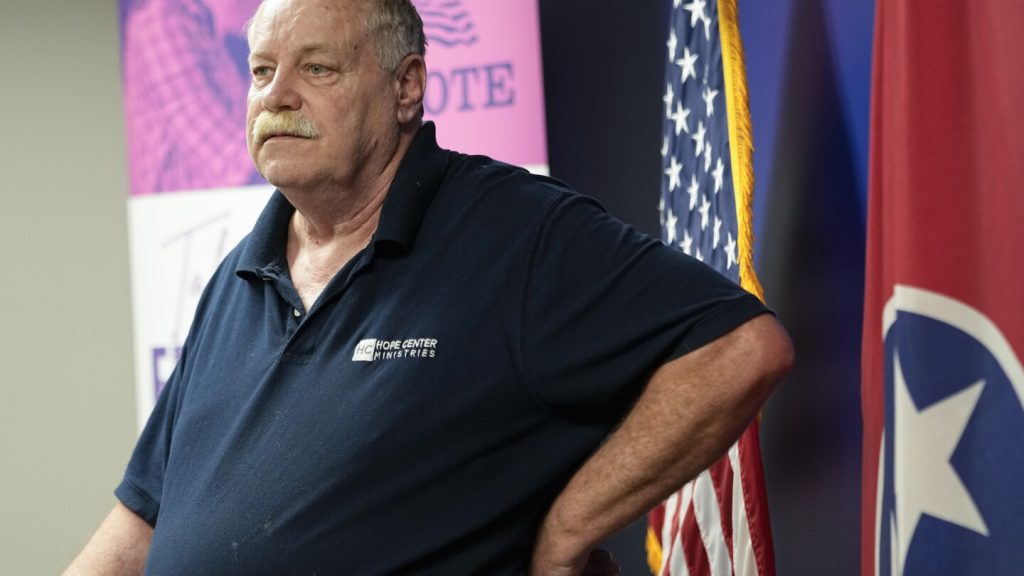Tennessee residents convicted of felonies may soon be able to apply to vote without restoring their gun rights under a new bipartisan bill introduced by Democratic Rep. Antonio Parkinson and Republican Sen. Paul Bailey. The proposal aims to simplify the process of reinstating voting rights, which currently requires individuals to have their full citizenship rights restored by a judge or show proof of a pardon before they can apply to vote again. The bill has faced some skepticism from GOP lawmakers as it moves through the legislative process in the final weeks of the session.
Since July, election officials in Tennessee have approved 12 applications and denied 135 for voting rights restoration. Prior to that, about 200 approvals and 120 denials were issued in a seven-month period. Voting rights advocates have criticized the state’s interpretation of the law, leading a group of Democratic lawmakers to request an investigation from the U.S. Department of Justice. A lawsuit challenging Tennessee’s restoration process has also been ongoing for several years.
The proposed bill would allow a judge to restore an individual’s right to vote separately from other rights related to guns, jury duty, public office, and fiduciary powers. Republican Sen. Paul Bailey emphasized the importance of granting voting rights to those who have served their time and paid their debt to society. He highlighted the need to clarify the existing restrictions and streamline the restoration process, especially for individuals with nonviolent or drug-related felony convictions.
Expungement offers an alternative route to regain voting rights in Tennessee, but many felonies are not eligible for this process. Only 126 restorations by expungement have been granted since the July changes, compared to 21 in the seven months prior. The state established a petition process in 2006 for individuals to seek restoration of their voting rights if they have completed their sentences and do not owe outstanding court costs or child support. However, the recent interpretation of the law now requires applicants to obtain their citizenship rights and follow the previous procedure.
Supporters of the bill, like U.S. Navy veteran John Weare, shared their personal experiences with the restoration process. Weare, who has been pursuing voting rights restoration for four years due to an aggravated assault charge, emphasized the significance of being able to participate in the democratic process. He expressed his desire to vote according to his values and contribute to his community. However, the fate of the bill remains uncertain, as some prominent Republicans have expressed skepticism about the proposed changes, suggesting a need for stricter restrictions or a broader review of citizenship rights laws.
House Majority Leader William Lamberth and Senate Speaker Randy McNally have voiced differing opinions on the issue, with Lamberth emphasizing personal responsibility and potential consequences for committing felonies, while McNally has indicated a preference for tougher regulations. Republican Governor Bill Lee has shown openness to voting rights restoration reforms but believes lawmakers should take the lead on any changes. Some dissenting Republicans have proposed consolidating the issue into a comprehensive study of citizenship rights laws and potential legislative changes in the following year.


